
Playing by the rules?
Some adjectives and adverbs do not play by the rules (no acatan las normas). The English play by the rules (of course), but we make
Si quisiera mejorar o aprender inglés, este blog podría ser su ayudante.
Cada semana algo nuevo se publica. Si quisiera recibir una notificación de un tema nuevo por correo electrónico solo tiene que suscribirse a nuestro blog desde el formulario del final de la página. Ir al formulario.
Su correo electrónico sería guardado de manera confidencial para que ninguna otra persona pueda usarlo.
El blog será en inglés, y únicamente damos explicaciones mínimas (en español) para aclarar algo, para traducir algo que podría ser difícil, o para acelerar su entendimiento.
El autor es Aimee, directora y una especialista en educación hablante nativa.

Some adjectives and adverbs do not play by the rules (no acatan las normas). The English play by the rules (of course), but we make

For a review of the basic use of like – and its common mistakes. Now we examine its declensions. First, as a noun. There six

“Afford” has the following uses: to have the money to pay for something, to spare (escatimar) something, to risk (something) or to provide something, to

Yes you do. To “opine” (opinar) is to give, hold or express an opinion. It is a transitive verb and hence (por lo tanto) it
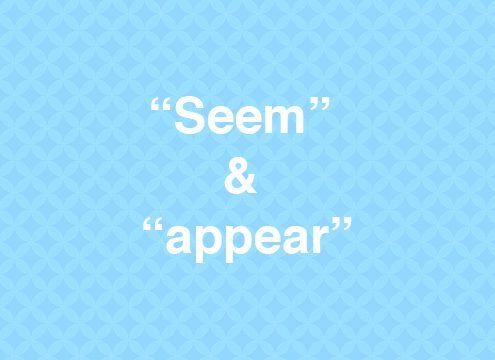
In English we use seem (parecer) and appear to give information about something that may be true. There are two sentence structures you can use:

First is an adjective and “firstly” is an adverb (and the same can be said for “secondly”, etc.). Adverbs say something about a verb. Here

“Candle” (vela, bujía, and candela) has uses as an idiom (modismo). If something “is not worth the candle”, it is not worth doing (no merece
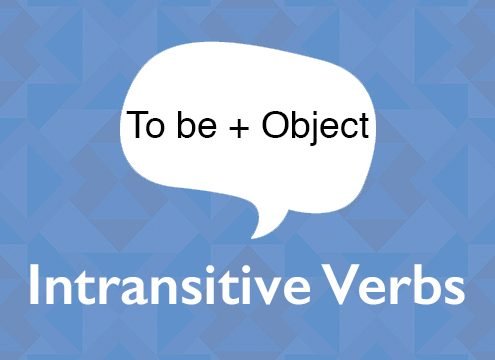
Intransitive (intransitivo) verbs do not have an object. The same rule applies in Spanish. Despite this basic rule, mistakes are made especially by the Americans
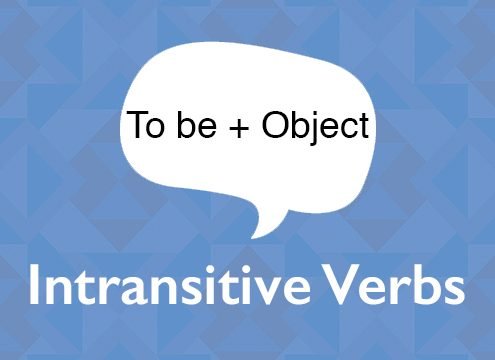
“To be” is an intransitive verb, (un verbo intransitivo como ser y estar en español). As in Spanish, it has no object (objeto). The verb
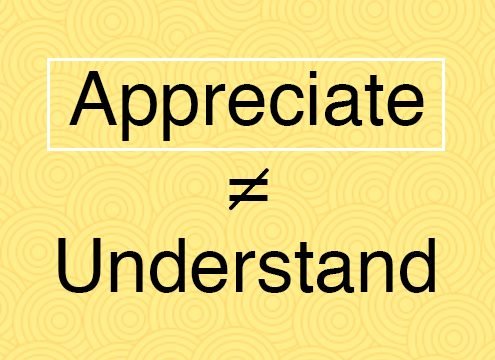
“Appreciate” is often used wrongly. Imagine that you are having a discussion with someone, and he says “I appreciate what you are saying”. Have you heard
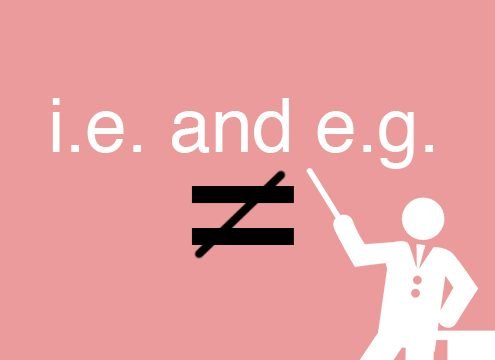
These two abbreviations are often confused and used incorrectly, i.e. they are often used as though they were the same. They are not. “I.e.” comes
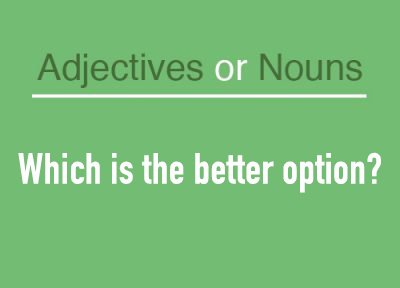
Adjectives or nouns – which is the better option? A strange question! Adjectives are different from nouns. Hold your horses! ¡Para el carro! ¡Despacito! An

Esta web utiliza cookies para que podamos ofrecerte la mejor experiencia de usuario posible. La información de las cookies se almacena en tu navegador y realiza funciones tales como reconocerte cuando vuelves a nuestra web o ayudar a nuestro equipo a comprender qué secciones de la web encuentras más interesantes y útiles.
Las cookies estrictamente necesarias tiene que activarse siempre para que podamos guardar tus preferencias de ajustes de cookies.
Si desactivas esta cookie no podremos guardar tus preferencias. Esto significa que cada vez que visites esta web tendrás que activar o desactivar las cookies de nuevo.